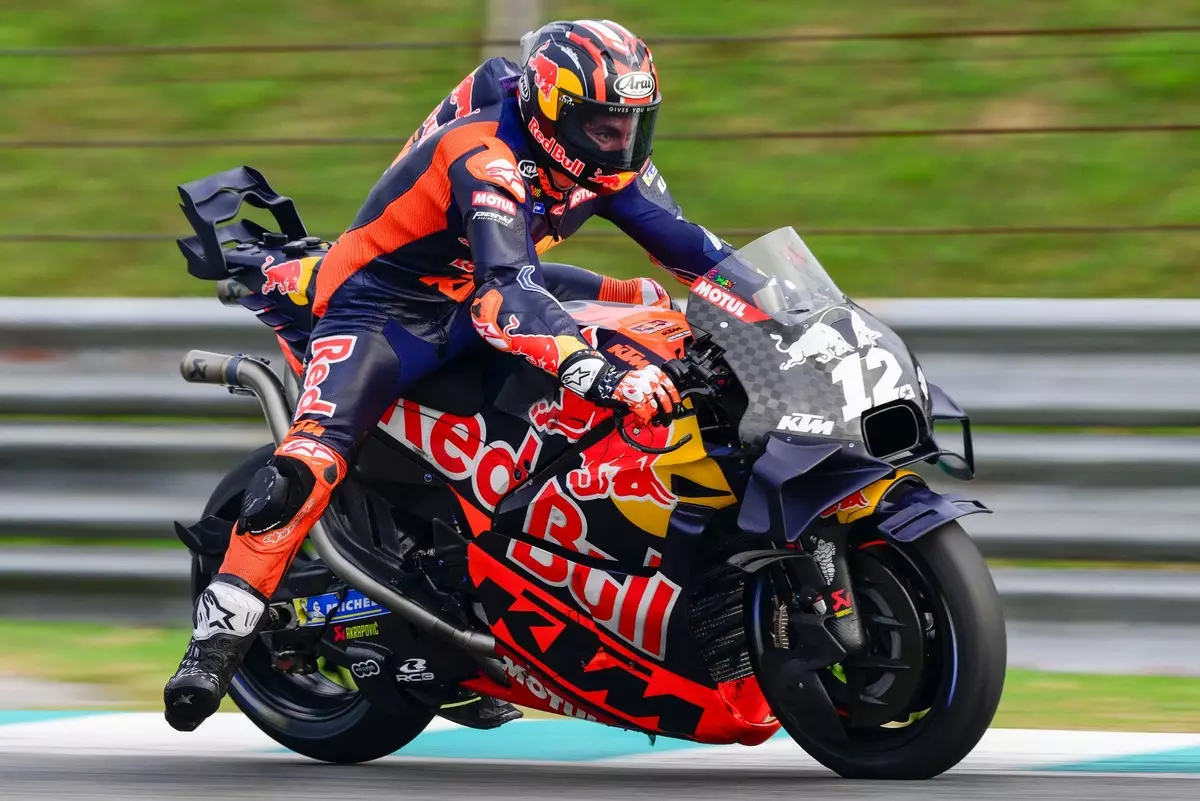KTM AG, a prominent name in the motorcycle industry, has been navigating tumultuous financial waters recently. A significant development has occurred following a decision made by the creditors regarding the company’s restructuring plan, approved in a regional court session held in Ried im Innkreis, Upper Austria. This move is crucial, given that KTM was facing claims that totaled an astonishing 2.25 billion euros. The acceptance of the restructuring plan marks a critical turning point for the company and its stakeholders.
The restructuring plan introduced by KTM entails a comprehensive approach to address the company’s staggering debt. Out of the total claims presented in court, approximately 2 billion euros of debt was officially recognized. At the heart of this plan is a proposed cash payout rate of 30%, translating to an immediate requirement of about 600 million euros, which KTM is expected to deliver by the end of May 2025. This financial obligation is not merely a number; it embodies the lifeline KTM needs to sustain its operations and support its workforce of around 2,000 employees during this critical phase.
The complexity of the situation becomes evident considering that KTM owes a cumulative 1.3 billion euros to approximately 180 banks. This multifaceted relationship with creditors demands careful navigation, especially when higher cash ratios were initially proposed by these financial institutions, raising concerns over the sustainability of the approved restructuring plan. The fact that creditors ultimately supported the proposal reinforces their belief in the company’s potential for recovery and growth.
Operational Continuity and Production Ramp-Up
A significant aspect of KTM’s restructuring plan involves ensuring operational continuity. Specifically, the company needs an additional 150 million euros to incrementally enhance production capabilities at its principal facility in Mattighofen, which is slated to ramp up starting mid-March. This production boost is pivotal, not just for fulfilling existing orders but also for positioning the company positively within the competitive motorcycle market. With full capacity aimed to be achieved within a three-month window, the execution of this plan is vital to retain market relevance and customer loyalty.
The strategic timing of these operations aligns well with external expectations. The court hearings, which attracted considerable attention with a full jury room housing around 100 attendees—including key company executives—indicate the high stakes involved. The fact that such a diverse group of stakeholders was present underlines the collective interest in the company’s recovery strategy.
To solidify its restructuring plan and ensure successful execution, KTM is also counting on contributions from an extended group of shareholders, who are set to provide 50 million euros to cover March’s operational costs. More importantly, as stated by Pierer Mobility AG, a total funding requirement of approximately 800 million euros has been identified to finance both the cash payout and continued production efforts. Citigroup Global Markets Europe AG has been appointed to oversee the investment process, ensuring that it is well-structured and transparent.
The commitment from Bajaj Auto, which holds a 49.9% stake in KTM, adds a crucial layer of stability as they have also engaged with the company through a loan of 50 million euros. Such measures signal a robust collaborative effort to navigate these financial woes, and they accentuate the essential role of partnerships in achieving long-term sustainability.
As KTM embarks on this arduous journey of restructuring, the upcoming judicial confirmations regarding the entire restructuring proceedings, expected by early June 2025, will serve as a definitive juncture for the company. In addition to these business maneuvers, smaller subsidiaries of KTM are anticipated to ratify their restructuring plans, which will further enhance the overall robustness of the corporation.
While KTM faces substantial hurdles, the approval of its restructuring plan symbolizes a significant step towards financial recovery. The firm’s focus on ensuring operational continuity and full production capacity, combined with the financial backing from stakeholders, positions it for a hopeful resurgence in the motorcycle industry. The execution of these plans, paired with ongoing support from involved parties, will be paramount in determining KTM’s future trajectory.


Leave a Reply